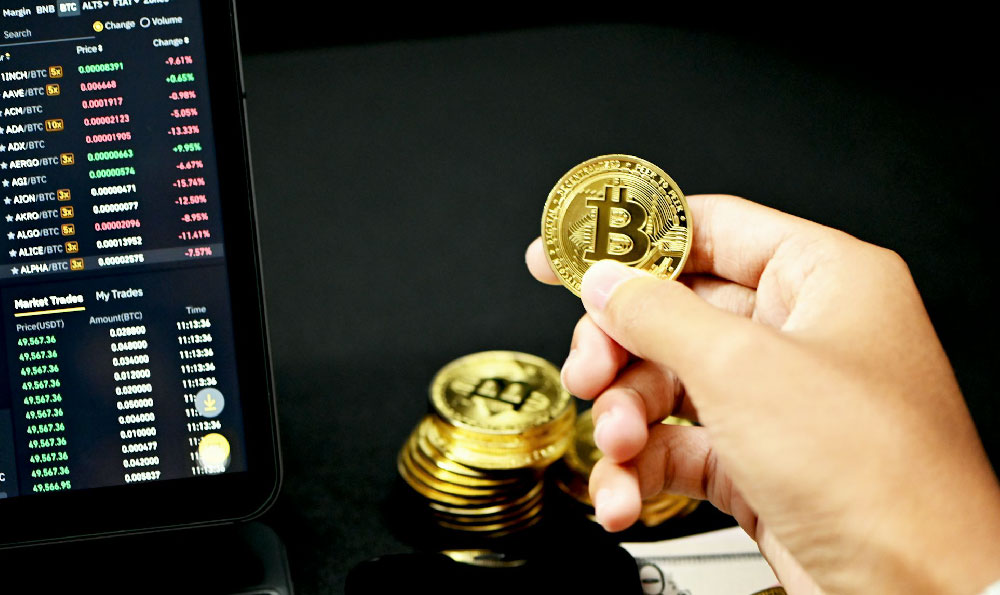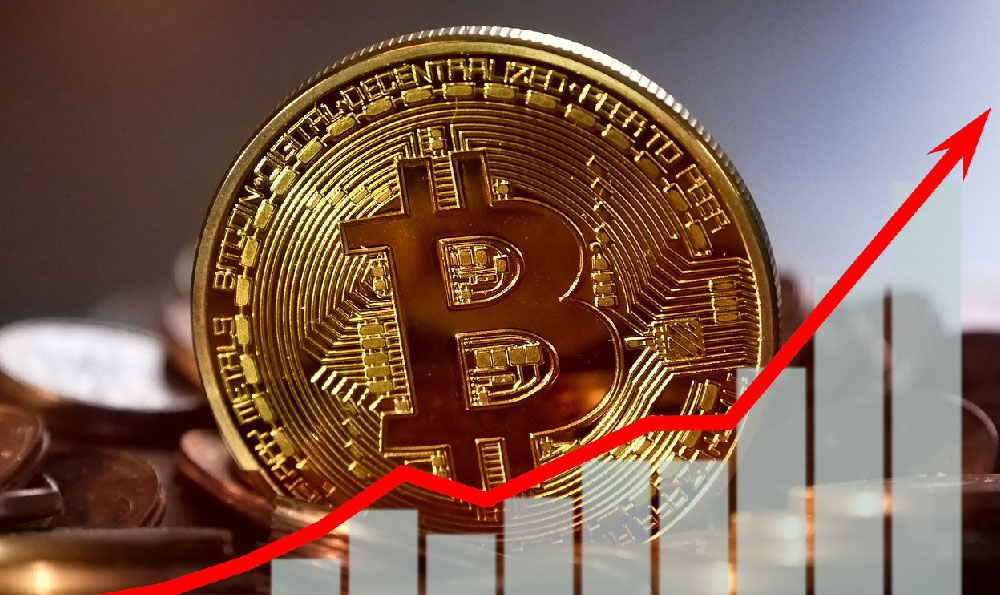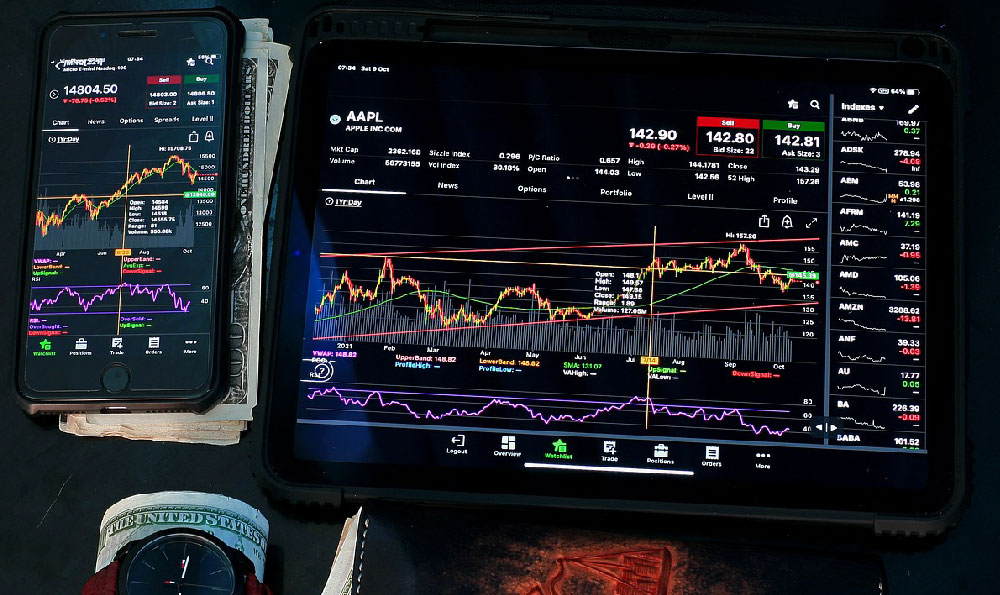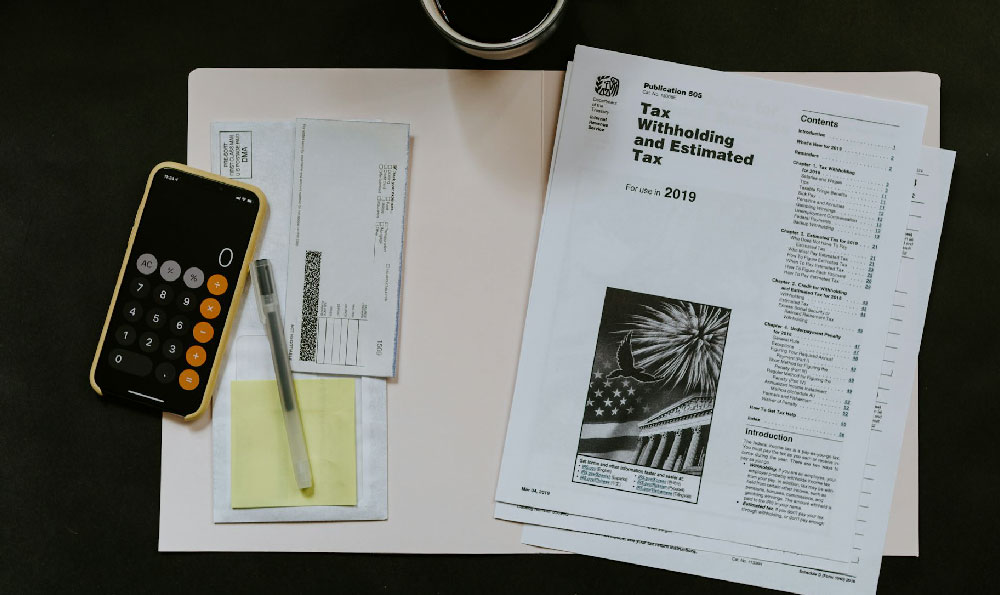Okay, here's an article based on your request, avoiding the specified constraints and aiming for a comprehensive exploration of George Soros's wealth creation and its consequences:
George Soros is a name synonymous with both immense financial success and profound controversy. Understanding how he amassed his fortune, and the subsequent impact of his actions, requires a nuanced examination of his investment strategies, philosophical underpinnings, and the complex interplay of global markets and political landscapes.
Soros’s path to wealth wasn't predetermined. Born in Hungary in 1930, he survived the Nazi occupation by assuming a false identity. This experience instilled in him a deep skepticism of authority and a keen awareness of societal fragility. He later emigrated to England, where he studied at the London School of Economics under Karl Popper, whose philosophy of "open society" profoundly influenced Soros’s worldview and later investment decisions. Popper's emphasis on fallibility – the idea that no one possesses ultimate truth and that all systems are inherently imperfect – became a cornerstone of Soros's investment strategy, allowing him to recognize and capitalize on market inefficiencies.

He began his financial career in New York, working for various brokerage firms. However, it was his founding of the Quantum Fund in 1973 that truly catapulted him to financial prominence. The Quantum Fund, named after quantum physics (reflecting the uncertainty and interconnectedness of markets), became known for its aggressive and often contrarian investment strategies. Soros didn't simply follow trends; he sought to anticipate and exploit them, often by taking substantial risks.
His investment philosophy, rooted in Popper's concept of reflexivity, is crucial to understanding his success. Reflexivity, in Soros's application, posits that market participants' perceptions can influence the very events they are reacting to, creating self-fulfilling prophecies or feedback loops. For instance, if enough investors believe a currency is overvalued, their collective selling pressure can indeed drive the currency's value down, validating their initial belief. Soros sought to identify these reflexive situations and position himself to profit from them.
A prime example of this, and perhaps the most infamous, is his role in the 1992 Black Wednesday currency crisis. Soros correctly identified that the British pound was overvalued within the European Exchange Rate Mechanism (ERM). The ERM was designed to stabilize European currencies, but Soros believed that the pound's artificial valuation was unsustainable, particularly given the UK's economic challenges. He built a massive short position against the pound, essentially betting that its value would decline. When the Bank of England was unable to defend the pound's peg within the ERM, it was forced to devalue the currency and withdraw from the mechanism. Soros reportedly made over $1 billion in profit from this single transaction, cementing his reputation as a financial titan and earning him the moniker "the man who broke the Bank of England."
However, the impact of this event was far-reaching. While Soros profited handsomely, the UK economy suffered. The devaluation of the pound led to increased import costs and inflationary pressures. While some argue that the devaluation was ultimately beneficial for the UK's long-term competitiveness, the immediate consequences were painful, leading to job losses and economic uncertainty. The event fueled resentment towards Soros, with some viewing him as a ruthless speculator who profited at the expense of ordinary citizens.
Beyond the British pound crisis, Soros's investment activities have spanned a wide range of markets and asset classes, from currencies and commodities to stocks and bonds. He has been involved in numerous other high-profile trades, some successful and others less so. His interventions in Asian markets during the 1997 financial crisis, particularly in Thailand and Malaysia, also generated considerable controversy. While he argued that he was simply responding to existing economic vulnerabilities, critics accused him of exacerbating the crisis and profiting from the suffering of others.
The impact of Soros's actions extends beyond purely economic considerations. Driven by his belief in the importance of open societies, he has become a major philanthropist, donating billions of dollars to promote democracy, human rights, and freedom of expression through his Open Society Foundations. These foundations operate in numerous countries, supporting civil society organizations, independent media, and educational initiatives.
His philanthropic efforts have also been met with criticism. Some accuse him of using his wealth to promote a particular political agenda and interfering in the internal affairs of sovereign nations. He has become a target of right-wing groups and conspiracy theorists, who often portray him as a shadowy figure manipulating global events for his own benefit. These criticisms often employ antisemitic tropes, drawing on harmful stereotypes about Jewish financiers.
In conclusion, George Soros's rise to wealth is a complex story interwoven with sophisticated investment strategies, global economic forces, and profound philosophical beliefs. His application of reflexivity allowed him to identify and capitalize on market inefficiencies, generating immense profits. However, his actions have had significant consequences, both positive and negative. While he has contributed generously to philanthropic causes and promoted open societies, his investment activities have also been accused of destabilizing economies and causing harm to vulnerable populations. Understanding his legacy requires acknowledging both the brilliance of his financial acumen and the ethical complexities of his interventions in the global economy. He is a figure who embodies both the power and the responsibility that come with immense wealth, and his story continues to provoke debate and controversy.












